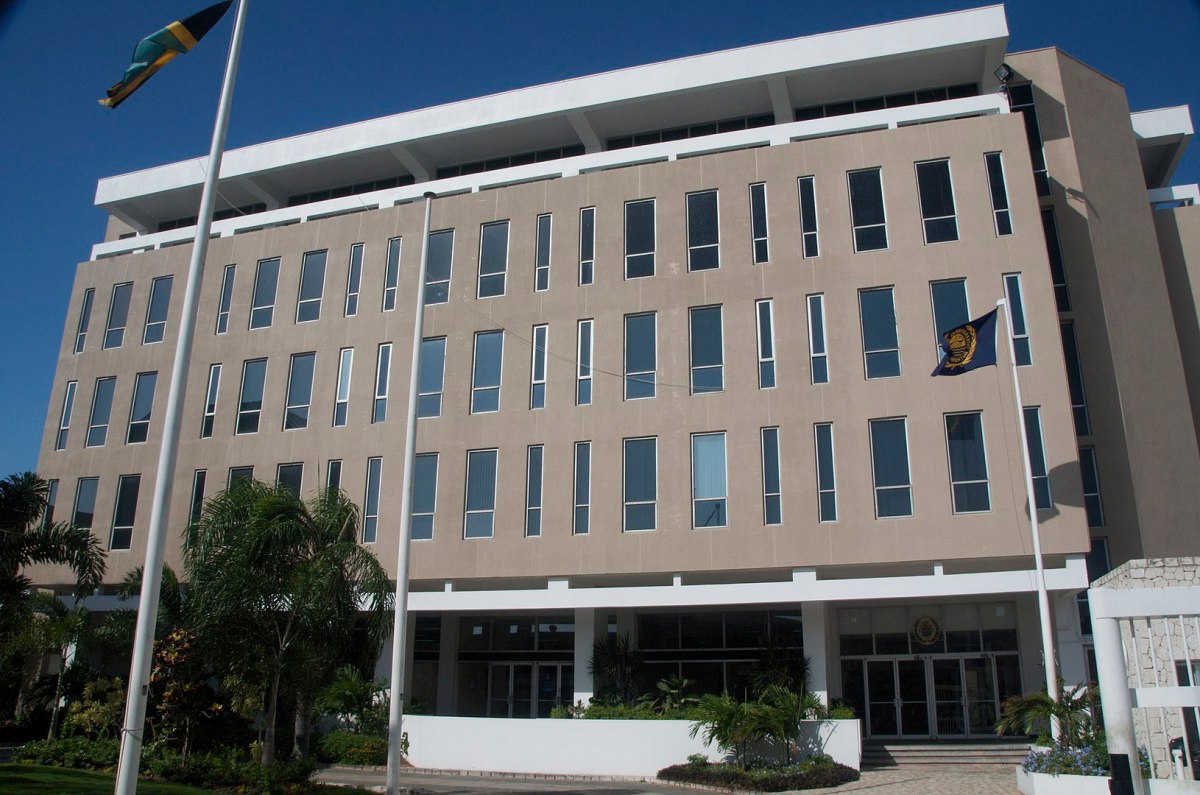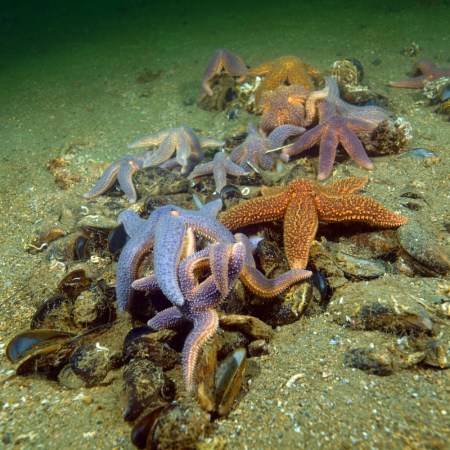Experts in the automotive field have pointed out that a growing demand for electric vehicles will lead to a growing demand for electric vehicle batteries. That, in turn, will likely involve an increase in mining for the components required to make those batteries. As it turns out, one of the places that’s being explored as a mining location is massive — the ocean floor.
It’s hard to understate what can be found deep underwater. In 2020, The Atlantic reported on the rise of deep-sea mining, noting that the seabeds in international waters are home to “more valuable minerals than all the continents combined.”
The potential for profit is high — but so are the risks to the environment. And now, a recent investigation has turned up some alarming details regarding the international agency tasked with regulating undersea mining. That would be the International Seabed Authority, established in 1994. Among its members are 167 different countries, as well as the European Union.
A Los Angeles Times investigation revealed that Michael Lodge, the I.S.A.’s secretary-general, appeared in a video for a startup that hoped to attract investors for its plan to use robots to explore and mine the ocean’s floor. Reporters Todd Woody and Evan Halper pointed out the existence of a “closeness with mining companies that stands out as unorthodox in environmental regulation” — and which has alarmed some within the organization itself.
As the article notes, several of the agency’s member nations — Britain and Mexico among them — have expressed alarm that mining companies might not be doing a comprehensive enough environmental review. For their part, the I.S.A. has taken issue with the Times report. “The ISA had little control over the use of the images captured by third parties,” the agency said in a statement.
Mining on the sea floor has the potential to be both beneficial and harmful, depending on how it’s carrying out. This investigation serves as a reminder that knowing more about it is probably in everyone’s best interests.
Thanks for reading InsideHook. Sign up for our daily newsletter and be in the know.


















